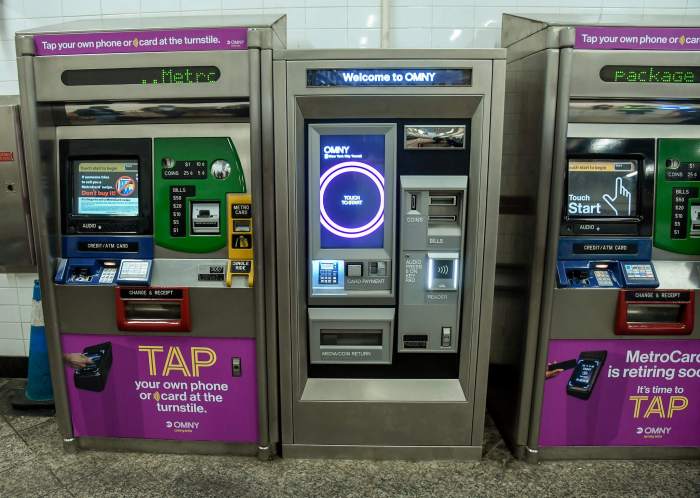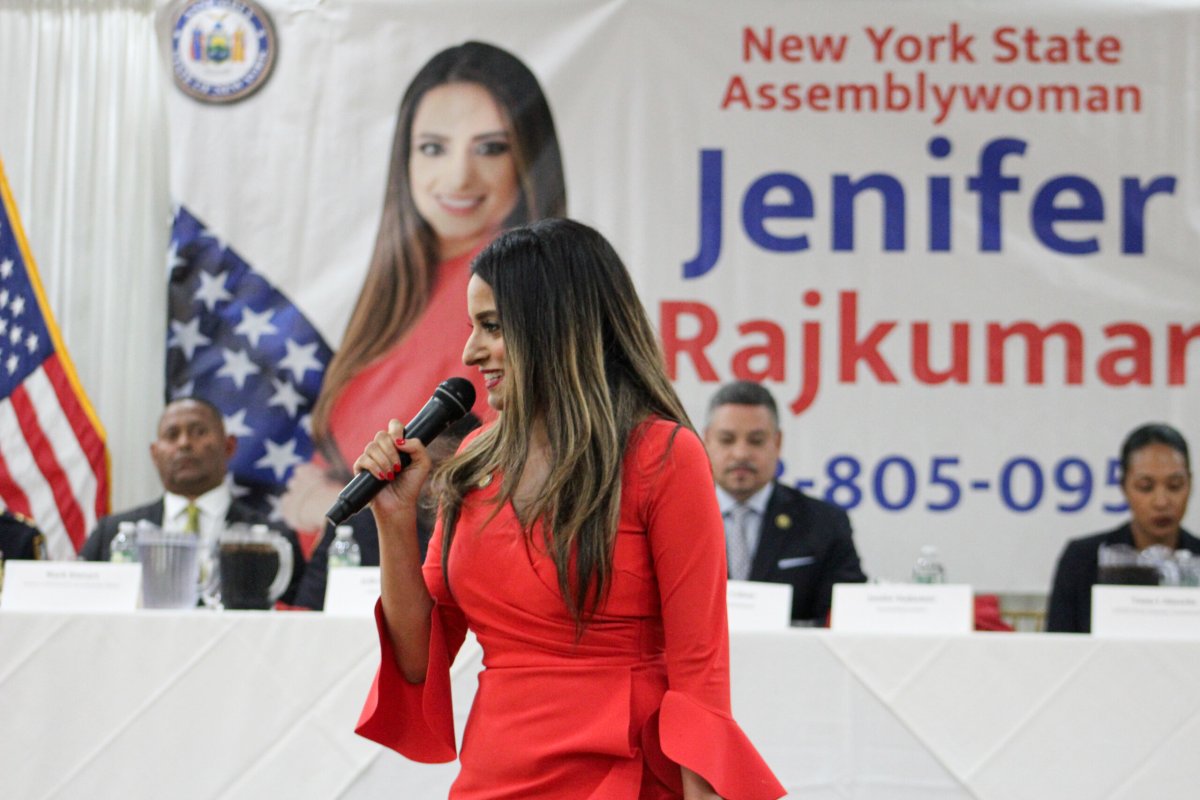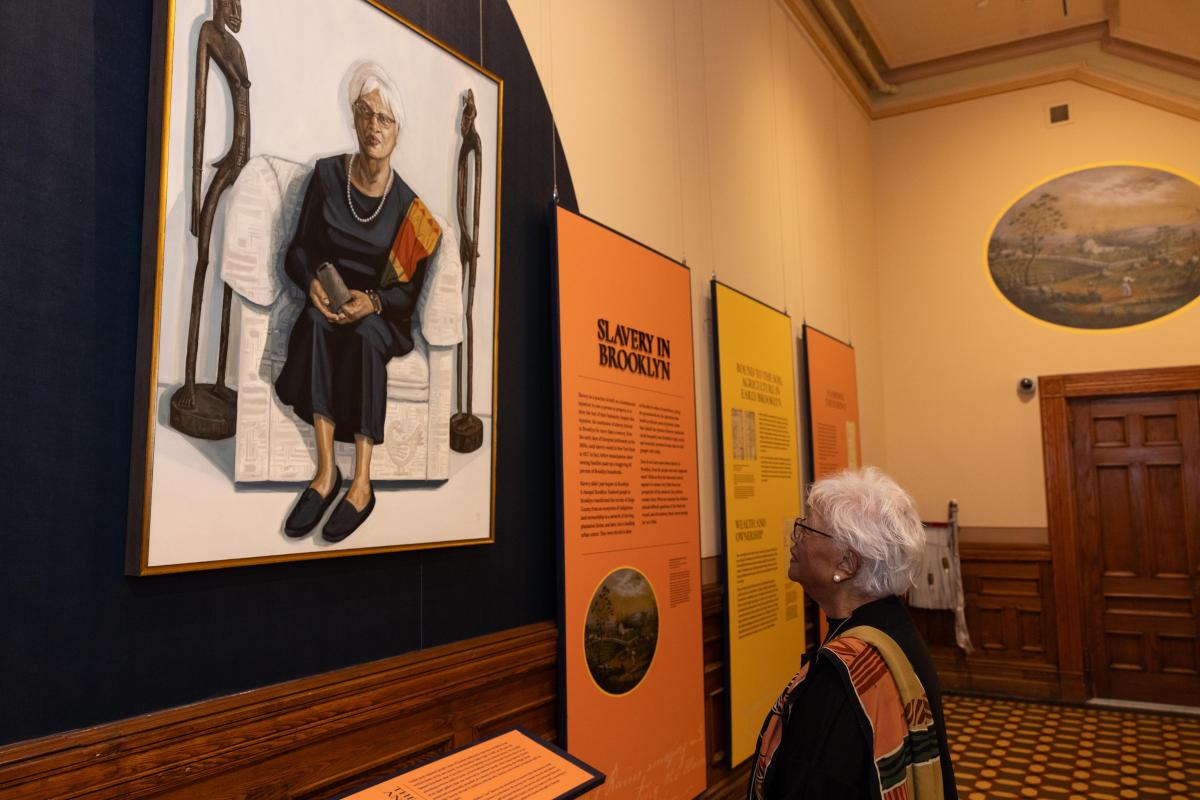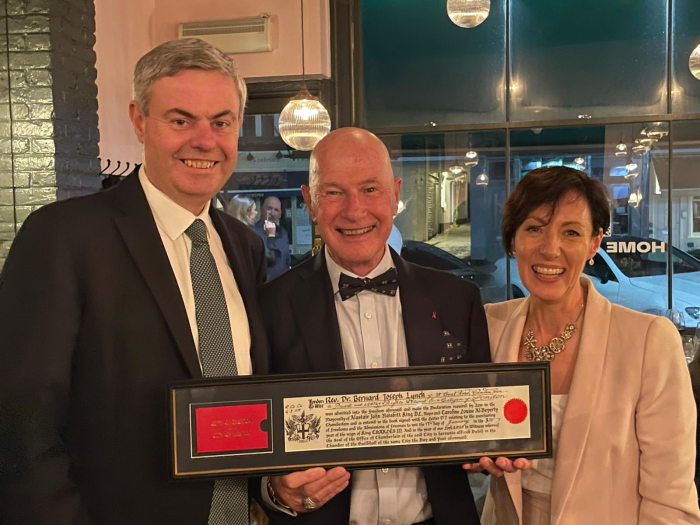Last Wednesday, activists unfurled petitions over the balcony of the City Council chambers. Thousands of signatures in opposition to the rezoning of East Harlem hit the floor as many people cheered.
Protests have been common at hearings about the city’s controversial proposed rezoning of the historically immigrant and Puerto Rican community.
Council Speaker Melissa Mark-Viverito, who represents the area, watched as security ejected protesters, many of them students from East Harlem and activists from the Justice Center en El Barrio. She criticized them for disturbing the sanctity of the midafternoon public hearing, saying their opposition was “not a realistic proposition.”
Her criticisms echoed those of Mayor Bill de Blasio, who has sneered at community opposition to his housing agenda by insisting that doing nothing is worse. But is the choice the city’s plan vs. no plan? He says rezoning the working-class neighborhood, allowing developers to build thousands of market-rate and luxury apartments, is necessary to create affordable housing.
But there are other ideas the city has ignored. Groups including East Harlem Preservation and Movimiento Por Justicia en El Barrio suggest preservation strategies that don’t hinge on letting developers build, baby, build.
Two years ago, Movimiento rejected the city’s plan and offered its own. It said that holding the city’s Housing Preservation and Development agency accountable is key. Independent oversight of the agency and a program to force it to hold landlords who violate tenants rights accountable are demands Movimiento says would stave off gentrification rather than increase development, which fuels it.
As speaker, Mark-Viverito holds a key role on East Harlem. Despite a few differences with de Blasio, she is likely to vote for the rezoning. She has led efforts with local nonprofits to create a rezoning plan, the East Harlem Neighborhood Plan.
But perhaps creating a faux alternative to the mayor’s plan that would still lead to a rezoning of East Harlem was part of the strategy. The negotiations between city planners and the speaker on what the city describes as an “inevitable” rezoning no longer includes the public, which is why the protests will continue.
Josmar Trujillo is a trainer, writer and activist with the Coalition to End Broken Windows.




































